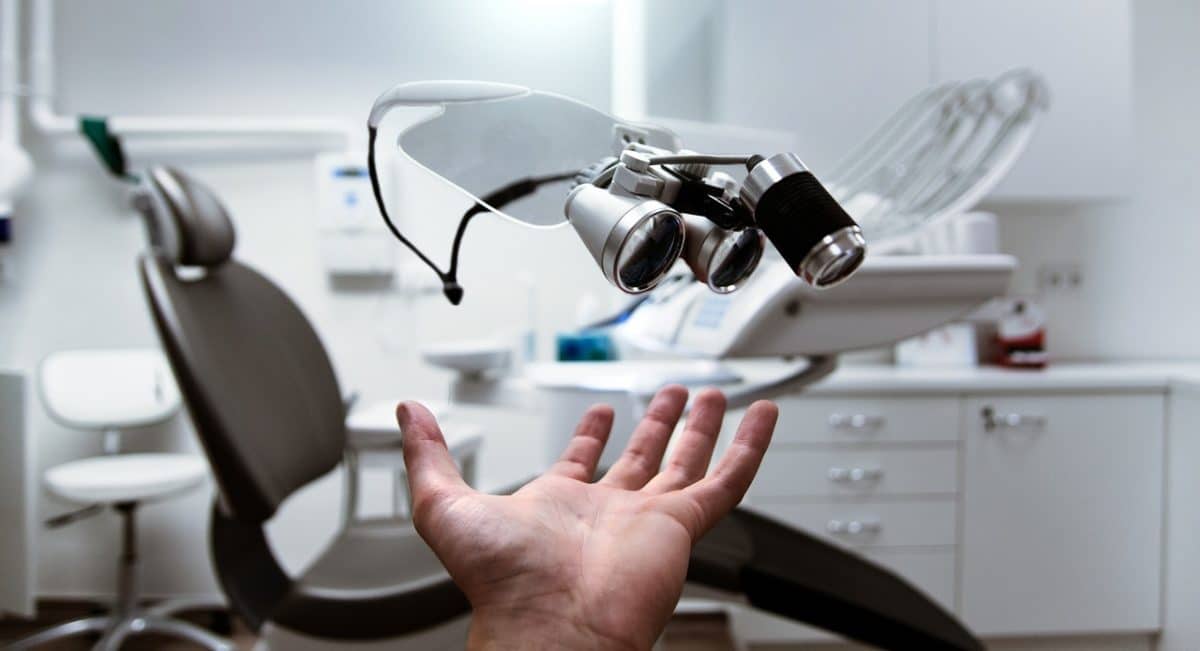If you are running your dental practice as a sole proprietorship, you are seeing some interesting things happening around you. Research of the industry as a whole suggests that privately owned dental practices are trending downwards and dental support organizations (DSOs) are trending up. Practice consolidation is part of this. In addition, studies show a smaller number of dental school grads starting or purchasing their own practice right out of school, opting instead to join a DSO.
Why the trend toward DSOs?
One potential factor is student loan debt. The average dental student loan debt was $258,125 in 2014. 5 years earlier the average was $208,921, and 10 years earlier the average was $155,234. It is likely that graduating dental students, facing a larger pile of debt, may be unlikely (or unable) to take on additional debt right out of school to start a practice and invest in equipment and technology, so they join a DSO.
Joining a large group can be attractive to seasoned dentists as well who may no longer be interested in putting up with the hassles of maintaining their own staff and practice operations.
That said, DSOs are usually the arch-nemesis of the sole proprietor dentist. Here are a few of the common complaints:
1) DSOs give the industry a bad name
The quality of care from a larger group is often not what it is at a private practice. They don’t know their patients as well, they are known to up-sell certain services and also try to “milk” the insurance companies.
2) DSOs are putting a strain on private practices
In any industry, it is tough for the small business to compete with the big players. DSOs have cheaper overhead, they can negotiate to lower their price for equipment and supplies, find cheaper labor, and more patients based on brand recognition. This makes it tough on the private practices to compete in this environment.
3) DSOs rope students into bad contracts
Many students are ecstatic to start out in the industry with a six-figure income and a job right out of school. The problem is, they are often signing contracts they later come to regret. DSOs employ a “churn and burn” employment technique with staff. New dentists who entered the field out of caring for their future patients are forced into production quotas that they have to meet, along with a grueling workload of the maximum patient-load that they can see every day. The patient receives less care and less time as a result. The philosophy is, if the dentist burns out and quits from the lack of desire and lack of work-life balance, the DSO just hires another one straight out of school. This is an unfortunate way some DSOs are taking advantage of our youth.
4) DSOs answer to their shareholders – not the patients.
Is the end goal to make shareholders or patients happy? This can dictate the level of service provided as these two things can be mutually exclusive, meaning sometimes the decision is to make shareholders happy despite the best interest of — or worse — at the expense of the patient.
Benefits of DSOs
While most private practitioners might dislike the DSOs, there are reasons to thank them as well.
1) They help to keep equipment, supply and labor costs down. The very thing that many private practitioners despise their DSO counterparts for is also providing a huge benefit to them. Yes, the size of a DSO provides it with more negotiating power to bring down equipment and supply costs, and can often attract cheaper labor, remember that this has a ripple effect on the market as a whole which private practitioners can reap the benefits from.
2) They provide an outlet for new dental grads to help get them on the right track. There is something to be said for gaining invaluable industry experience while earning a respectable living and learning how to run your own practice, before jumping in head first. This is where it can be very beneficial for students to join a DSO provided they don’t sign a lengthy contract.
3) They provide a way for older dentists to retire without retiring. It can be exhausting running your practice — let’s be honest. By joining a DSO and taking all of the administrative tasks off your plate, you are free to enjoy doing what you do best, while still maintaining a steady income.
Conclusion:
Privately held practices generally are in a better position to offer their patients a conflict-of-interest-free dental experience. This gives the dental industry a higher reputation which can often be threatened by the larger corporation models. However, DSOs serve a purpose and convenience to many who are unable or unwilling to manage their own practice. The key is in determining what is best for you and your practice. Perhaps a conversation with a dental accounting firm is in order!



You must be logged in to leave a reply.